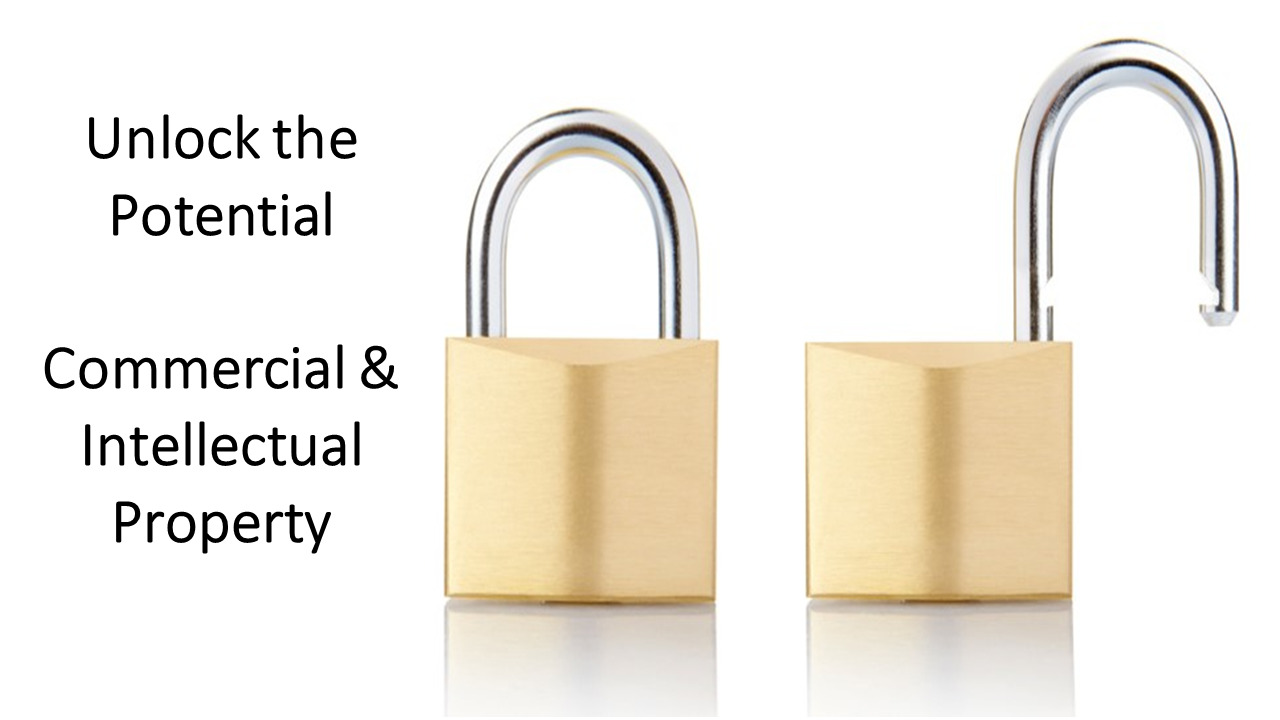In a recent European Court decision, fashion powerhouse, Louis Vuitton, have been denied a trade mark. The check pattern in question, named Damier Azur, failed to have the required distinctiveness to be a registered trade mark in the EU.
It’s not the first time that Louis Vuitton have made headlines in relation to trade marks, with the luxury fashion house faced with the removal of two of its well-known trade marks back in 2015.
The pattern will no longer be protected by trade mark law unless Louis Vuitton choose to appeal the decision.
Required distinctiveness
For the European Court to rule that the pattern warrants trade mark protection, it must have acquired distinctiveness. To meet this requirement, the Damier Azur pattern must be identifiable as originating from Louis Vuitton by a large proportion of the public.
The General Court stated that when making their decision they took into account:
“the market share held by the mark, how intensive, geographically widespread and long-standing the use of the mark has been, the amount invested by the undertaking in promoting the mark, the proportion of the relevant class of persons who, because of the mark, identify the product as originating from a particular undertaking, statements from chambers of commerce and industry or other trade and professional associations as well as opinion polls.”
Louis Vuitton attempted to prove that the pattern had acquired distinctiveness throughout the EU, through the grouping of certain EU states. They presented the argument that throughout the EU, consumers engage in homogeneous behaviour towards designer brands through travel and the use of the internet. However, these arguments were rejected on the basis that they were too general and failed to present substantiated evidence.
The requirement in the UK is ensuring that the goods or services are distinguishable from others as well as being represented in a concise manner that is clearly identifiable as being linked to a business.
Trade marks in the UK
Since 2017, it is not only graphical imagery that can be trade mark protected. In recent years there has been a notable increase in businesses applying to protect more unusual trade marks.
Trade marks provide a symbol of the identity of a business. The name, logo, symbol, design and now even shape or sound can help identify your products or services. Memorable trade marks can distinguish your business from others and stand out from the crowd. Thus, ensuring that your identity is protected under trade mark laws is vital.
A trade mark does not only protect your business against competition. It can also add value to your business, with potential investors being interested in what trade mark protection a business has for its name, key products and services. On top of an increase in security, there is the positive clarity and credibility a trade mark can add.
Following the completion of the transition period on 31 December 2020, EU trade marks are no longer protected in the UK, although, existing EU trade marks were given a UK comparable for protection.
If you are a UK business trading in the EU, and wish to protect your brand both in the UK and throughout the EU, you will need to file separate applications. You will also need to be represented within the EU by a professional representative which is either:
- A legal practitioner qualified in one of the member states and having their place of business within the European Economic Area, provided that, in their member state, they are allowed to act before the national IP office; or
- A Professional representative whose name appears on a special list of the EUIPO.
Hence, one of the significant changes brought about by Brexit as to EUTM is that UK companies will not be entitled to be represented before the EUIPO by a UK-based professional anymore.
At Berry Smith, we can assist on a range of matters relating to trade marks, ensuring that your business has vital and necessary protection over its branding. We are also able to assist with the application of UK trade marks, and work closely with partners in the EU who are able to assist our clients with any EU requirements.
